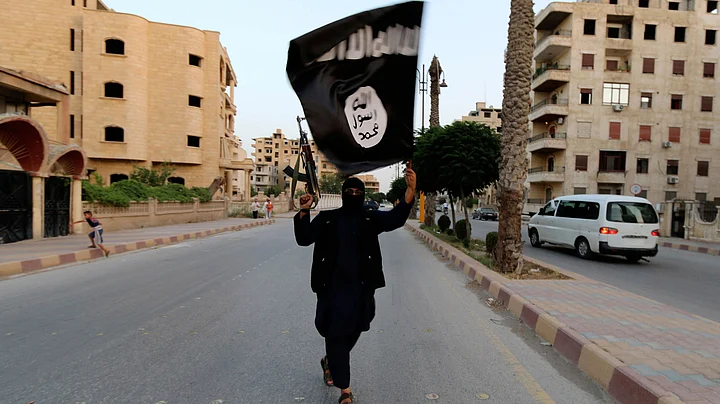The Islamic State – or ISIS – declared the existence of its so-called caliphate three years ago. Each year since then, this militant group has urged its followers to carry out attacks during the holy month of Ramadan. According to a report by The Washington Post, this has turned into the most blood-soaked Ramadan in ISIS’ history.
Suicide bombers suspected of links to ISIS struck for the fourth time in less than a week on Monday, targeting three locations in Saudi Arabia in an extension of what appeared to be a coordinated campaign of worldwide bombings.
ISIS, the Leading Suspect
The Washington Post report suggested there were relatively few casualties in the attacks at a US consulate, a mosque frequented by Shiite worshipers and a security centre in one of Islam’s holiest sites, the historic city of Medina. Four security officials have reportedly been killed in the attack.
Although there was no immediate claim of responsibility, the bombings bore the hallmarks of ISIS, according to the report. The suicide attackers picked targets that closely coincide with the group’s declared enemies – Americans, members of the Shiite Muslim minority, and the Saudi security services.
ISIS also did not claim the attack in Istanbul, but Turkish investigators say the group is the leading suspect.
Blood-Soaked Ramadan
At least 290 people have been killed in attacks claimed by or linked to the Islamic State at the Ataturk Istanbul airport, a restaurant frequented by foreigners in the Bangladeshi capital Dhaka and in Baghdad.
Also Read: Suicide Bomber in Medina Mosque Kills Five in Saudi Arabia
The attacks in Saudi Arabia have raised concerns that the group is taking deeper root there and potentially threatening the stability of America’s closest allies. The Islamic State has frequently threatened the kingdom, whose status as the guardian of the holiest sites in Islam is challenged by a group that regards itself as the rightful leader of the Muslim world.The Washington Post
Does the number of attacks that have been linked to the IS and the religious sincerity with which they were carried out imply that the Islamic State can strike whenever they want and in whichever way the want? Concerns have been raised and expressed among security forces and politicians, actively looking for ways to combat the IS.
(At The Quint, we question everything. Play an active role in shaping our journalism by becoming a member today.)
